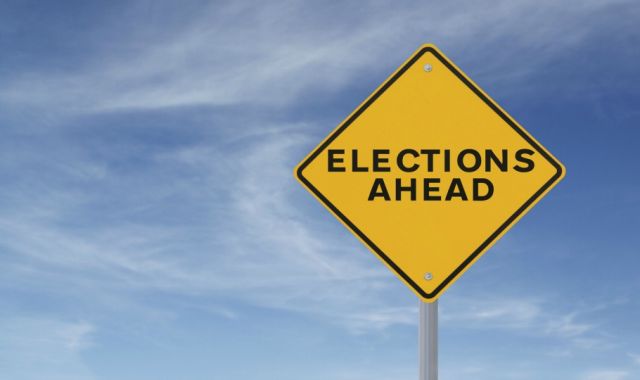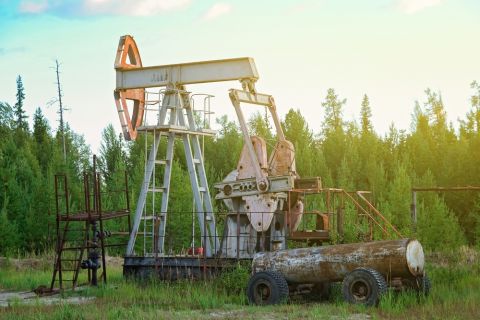
News outlets report that a proposal to partially ban hydraulic fracturing in the city of Denton, Texas, which lies on top of the prolific Barnett Shale, was struck down early Wednesday morning by the town’s city council in a 5-2 vote. But it then immediately voted unanimously to put the matter before voters in November.
The proposal was brought to council by the Denton Drilling Awareness Group (DAG), whose petition collected close to 2,000 signatures. According to DAG’s website, fracking is occurring less than 200 feet from residents’ back doors in some neighborhoods because the wells are vested under laws older than the current ordinance, which requires a setback distance of 1,200 feet. The group also claims that mineral wealth is not significant to the city’s economy and that it accounts for less than 1% of Denton’s economy. The group also says that most of the mineral wealth in the city is not owned by residents and that taxes related to natural gas development account for only 1% of the city’s property tax revenues.
Last week, Texas Railroad Commission chairman Barry T. Smitherman sent a letter to Denton’s mayor and city council calling the proposed ban “extremely misguided.” He wrote that a ban on fracking is effectively a ban on drilling, which would occur “without citing any concrete examples of hydraulic fracturing negatively impacting public health.”
The chairman also addressed the economic issue, writing that more than 400,000 Texans work in the oil and industry and the average wage per employee is $128,000.
“In recent years, the Texas oil and gas industry has paid billions in taxes to state and local governments, as well as royalties to education funds like the Permanent University Fund and the Permanent School Fund, which directly benefit our school children,” he wrote. “In addition, the ‘Rainy Day Fund,’ which is periodically used by the Texas Legislature to balance the state's budget and to fund infrastructure programs, is almost 100% funded by the oil and gas industry.”
Smitherman also worried a ban in Denton could effectively cause a “domino effect” that would lead to drilling being banned in other Texas cities. “If that were to happen, then I believe that our country, our state, its citizens and schoolchildren would be severely harmed,” he wrote.
The Denton proposal is the latest in a string of high-profile bans or proposed bans across the country. Colorado will see a slew of potential bans on its November ballots, and last month New York’s highest court ruled that towns were within their rights to ban fracking inside their borders.
Recommended Reading
US Raises Crude Production Growth Forecast for 2024
2024-03-12 - U.S. crude oil production will rise by 260,000 bbl/d to 13.19 MMbbl/d this year, the EIA said in its Short-Term Energy Outlook.
NAPE: Turning Orphan Wells From a Hot Mess Into a Hot Opportunity
2024-02-09 - Certain orphaned wells across the U.S. could be plugged to earn carbon credits.
Exxon Versus Chevron: The Fight for Hess’ 30% Guyana Interest
2024-03-04 - Chevron's plan to buy Hess Corp. and assume a 30% foothold in Guyana has been complicated by Exxon Mobil and CNOOC's claims that they have the right of first refusal for the interest.
Petrobras to Step Up Exploration with $7.5B in Capex, CEO Says
2024-03-26 - Petrobras CEO Jean Paul Prates said the company is considering exploration opportunities from the Equatorial margin of South America to West Africa.
The OGInterview: How do Woodside's Growth Projects Fit into its Portfolio?
2024-04-01 - Woodside Energy CEO Meg O'Neill discusses the company's current growth projects across the globe and the impact they will have on the company's future with Hart Energy's Pietro Pitts.




